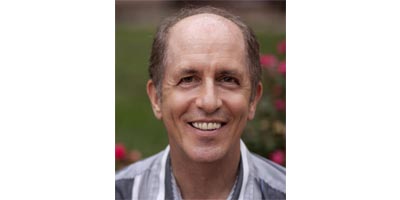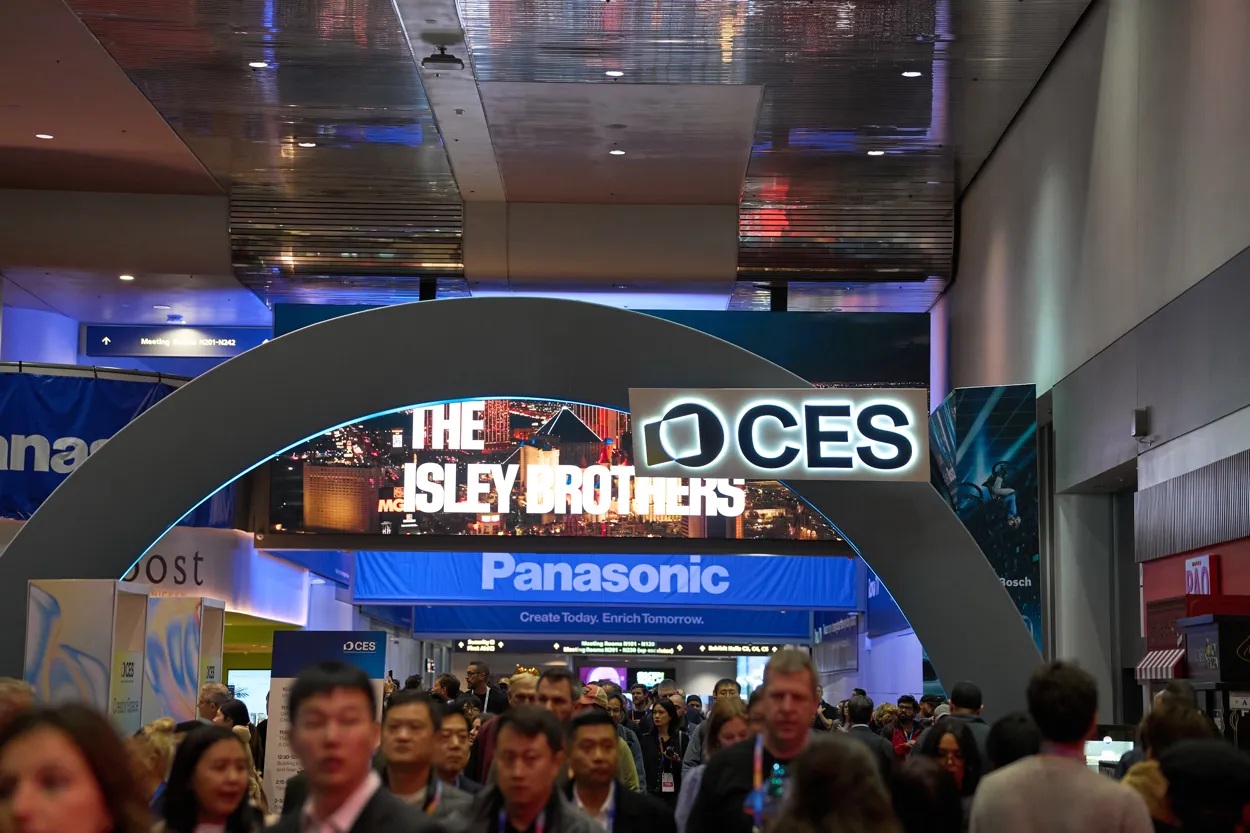HD and Beyond: A Conversation with Randall Dark
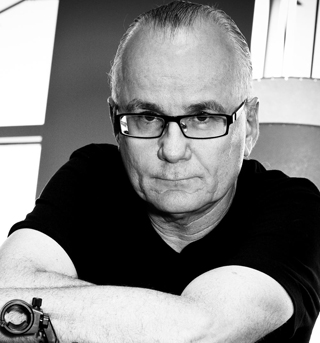
Randall DarkALEXANDRIA, VA.—In 1986, Randall P. Dark first saw HD video and knew it was the future of television. A few years later, after working on the HD production of Chasing Rainbows for CBC, he founded HD Vision in New York and Dallas. Randall was also the co-founder of HD Vision Studios in Los Angeles.
He is a member of the Television Arts and Sciences Academy and a member of the Consumer Electronics Association's Academy of Digital Pioneers, a group recognized for its effort in implementing digital television in the U.S.
BE Extra discussed the state of television production with Randall, as well as what we can expect for the upcoming SMPTE production of Moving Images, which looks at the history of cinema and television.
BE Extra: What is it about motion pictures and television that has made them lasting forms of communication and art?
Dark: The traditional motion picture in a cinema is an immersive experience allowing an intense relationship between the story teller and the audience. Television also has this influence to a somewhat lesser degree, while having the advantage of allowing this communication to be immediate. Both art forms are powerful tools in the hands of creative people, and the evolving technology has allowed us to advance the art forms in many different ways that include sound and image quality, ultimately enhancing the viewing experience.
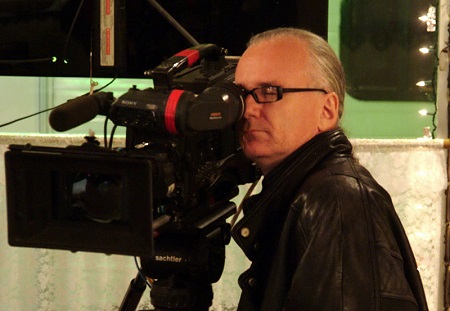
Dark sets up the camera during a video shoot.BE Extra: You were one of the pioneers of HD production. What is the state of HD production today? Has it lived up to its potential?
Dark: High-definition TV has not only lived up to its potential, it has surpassed even my wildest dreams. In fact, we are now entering the age of ultra-high definition 4K (and beyond), which will allow us to again capture and display the world in even more unique and stunning ways. In the early years, we had to understand the differences in aspect ratio, detail, color and what our stories looked like on the new (at the time) HDTVs. The same now holds true, just with a different twist. UHD involves a vast amount of information that needs to be recorded and stored during production and processed in postproduction. Thus, we must consider a multitude of platforms on which the content may be viewed.
The professional video industry's #1 source for news, trends and product and tech information. Sign up below.
BE Extra: Tools to make high-quality images are lower in cost today than ever before, which has "democratized" video production by allowing more people to tell their stories using high production values. Is this a good thing for our culture, or does the increase in production raise the background noise to the point that it's harder to find quality?
Dark: I love that we all have the ability to capture high quality moving images at our immediate disposal. I've watched incredible moments captured on a phone and posted to YouTube. This ability absolutely adds to the background noise and clutters the playing field. At the same time, it also gives an outlet to a new generation of creatives who would not be able to enter the field in any other way. Talent will always find a way to be heard. In many ways, it has become much more difficult to make a living in the craft. What's happening to production houses is like what happened to print shops 20 years ago: Simple and more cost effective computer and printer technologies became so accessible that companies and individuals began working in-house with items they previously outsourced.
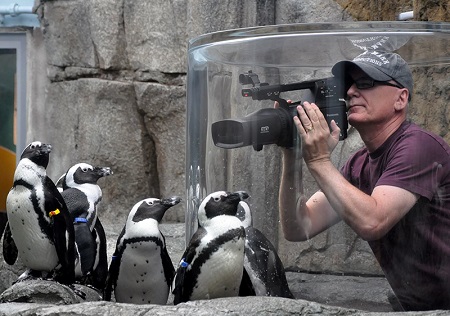
Working in a bubble to capture animal behaviorBE Extra: Ultra HD/4K is increasingly available and affordable. What do you recommend to someone who's looking for new video gear?
Dark: Excellent question: I've always believed that video gear is a personal choice and more about relationships and usage preferences than the actual technology. Some painters choose watercolor and some choose acrylic. Both mediums are exquisite tools in the hands of a talented artist. It ultimately depends on the aesthetic as well as the tool that the particular artist prefers. Every manufacturer has amazing video gear to offer at a variety of price points and ultimately, like a painter, my choice relies on the look and feel we are going for as well as my budget.
BE Extra: Tell us a little about the film that's tentatively titled Moving Images. What do you plan for it to contain? What is the intended audience?
Dark:Moving Images is the story of the people behind moving-picture technology. It focuses on the Society of Motion Picture and Television Engineers, which was founded in 1916, and will also look into the future. Filmmakers like Orson Welles, Alfred Hitchcock, Steven Spielberg and George Lucas are household names because of the way they managed to bring our imagination to life on screen. There are epic stories of triumph and tragedy amidst the engineers who painstakingly developed the technology and standards that ended up in the hands of creative filmmakers. This documentary will shine the spotlight on the unsung heroes who are the inventors and perfecters of what is arguably the most important communication tool in the history of the industrial age. There are many fascinating stories out there about how some amazing moments came to be, and we're going to pull back the curtain and show viewers how it all happens.
BE Extra: If you were starting out today looking for an opportunity in the film/video production industry, where would you start?
Dark: That would depend on my threshold for risk, and historically mine has always been pretty high. For my first "film" project, I was the writer, director, producer and cinematographer. I also paid for the entire production myself. I believed back then and rightly so, that no one should invest in me if I wasn't willing to invest in myself. That being said, there is wisdom in starting at the bottom and working your way up. Then again, no one has ever called me wise.
Bob Kovacs is the former Technology Editor for TV Tech and editor of Government Video. He is a long-time video engineer and writer, who now works as a video producer for a government agency. In 2020, Kovacs won several awards as the editor and co-producer of the short film "Rendezvous."
